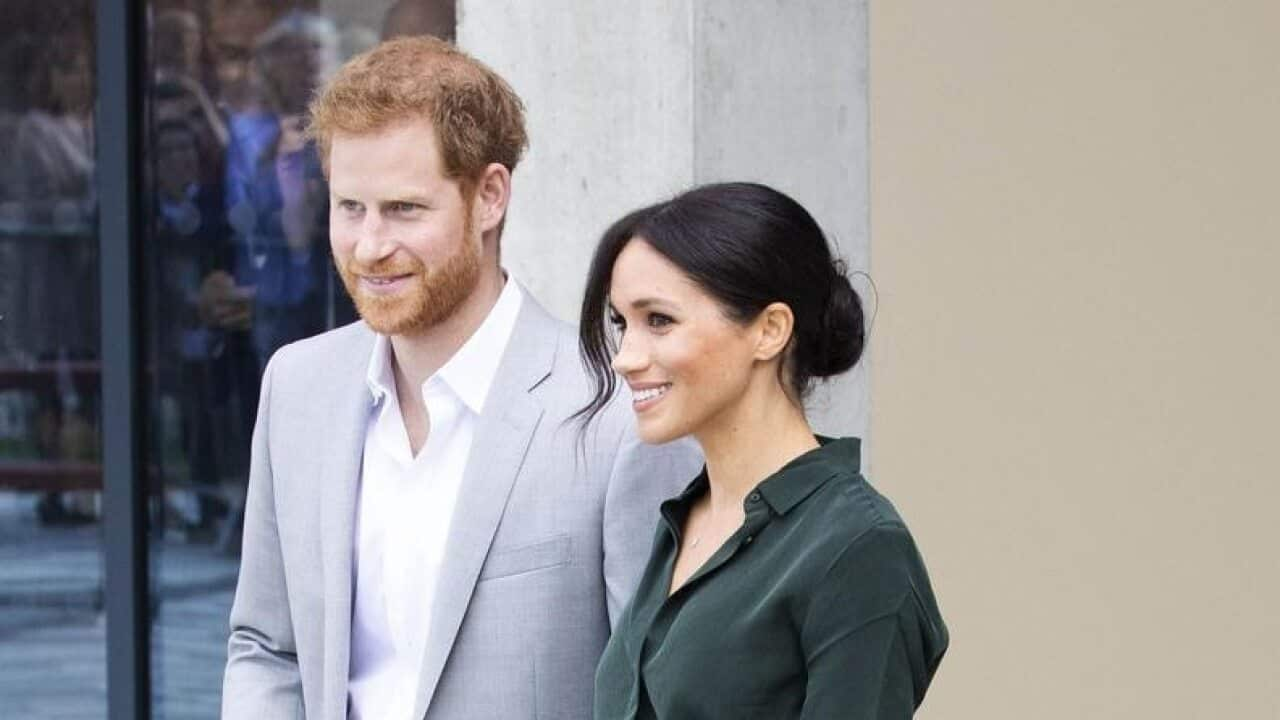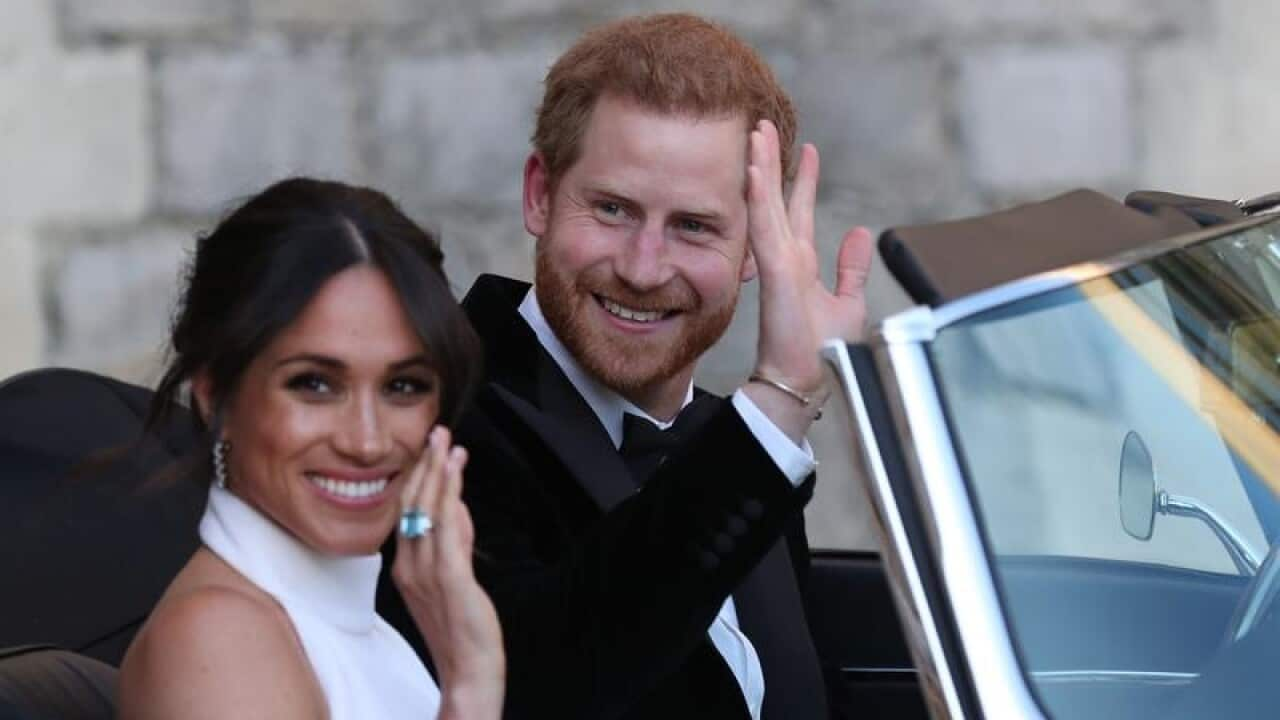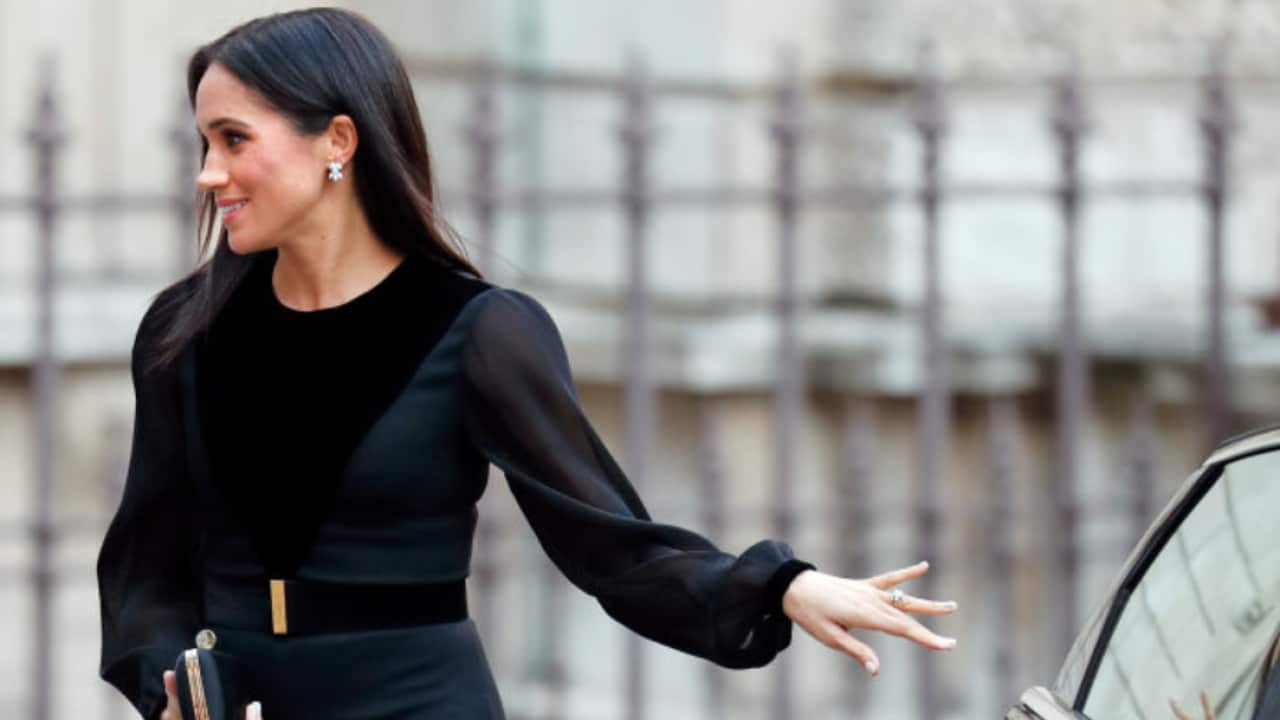COMMENT
The idea of mixed race baby in the lap of Queen Elizabeth, the official head of the House of Windsor, which might as well be called the House of Whiteness, is really something.
Much has been written about former Suits star Meghan Markle's marriage, and how she is busting one of the last bastions of whiteness just by existing in a space that has historically excluded everything she represents as a bi-racial, American, divorced woman of Catholic background.
Now her baby is the physical embodiment of all the things feared by her inclusion in this space. Baby Markle will literally be a new breed of royal, blurring the demarcation of class and whiteness, and a visible symbol of the challenge to the racial apartheid enforced in British royal bloodlines for centuries.
This was an institution that only until recently enforced strict controls of marriage to exclude the wrong kind of white people.
And the British Royal Family is some serious business, let's not forget.
Sex, power, race and progeny were all linked to the legitimising of the monarchy's religious and symbolic power, which at one time presided over the colonisation of much of the non-white world. Today, the institution is a waning power but still deeply symbolic of the old guard, and in some ways the way in which the old guard has been forced to adapt to modern times.
In some ways, there's a delicious reverse colonisation at play as the institution is changed by the descendants of the people from the distant shores it once ruled over. At once through the vibrant South-Asian diaspora in Britain and now by a non-white baby in the the royal cradle, transforming both coloniser and former colonised.
As Kate Williams in writes, the medieval royal triumvirate of blood, sex and power has been fiercely guarded. Until recently, royal brides had to be virgins, and until 2013 only boys could succeed to the throne. There has also been debate over whether adopted children or even those conceived through IVF should be allowed succession rights.
"Any discussion of royalty is pervaded by an obsession with blood purity and unbroken lines of inheritance for both power and genes," Williams writes.
"The obsession with lines and blood is often couched in notions of racial superiority. The phrase “blue blood” – generally used now to denote royalty – comes from the Spanish sangre azul, meaning someone whose skin was so pale you could see blue veins, differentiating the royals from both the tanned peasants working in the fields and the people of colour who were increasingly part of European society."
writes that Markle's presence disrupts the belief that only white people are fit and “pure” for royalty. "Purity ideals locate Black people as unsuitable for royalty, capable of contaminating the “pure” gene that is reserved for the royal space,'' she said.
That makes the royal baby, who will be seventh in line to the throne, following Harry in the line of succession, even more significant.
They will be one of the first ever royal heirs of mixed race in the British royal family. (.)
As globalisation, technology and culture make our borders and societies more permeable, new fusions and families are ushering in a new world, chipping away at old boundaries and creating new histories.
Welcome to the world Baby Markle.





